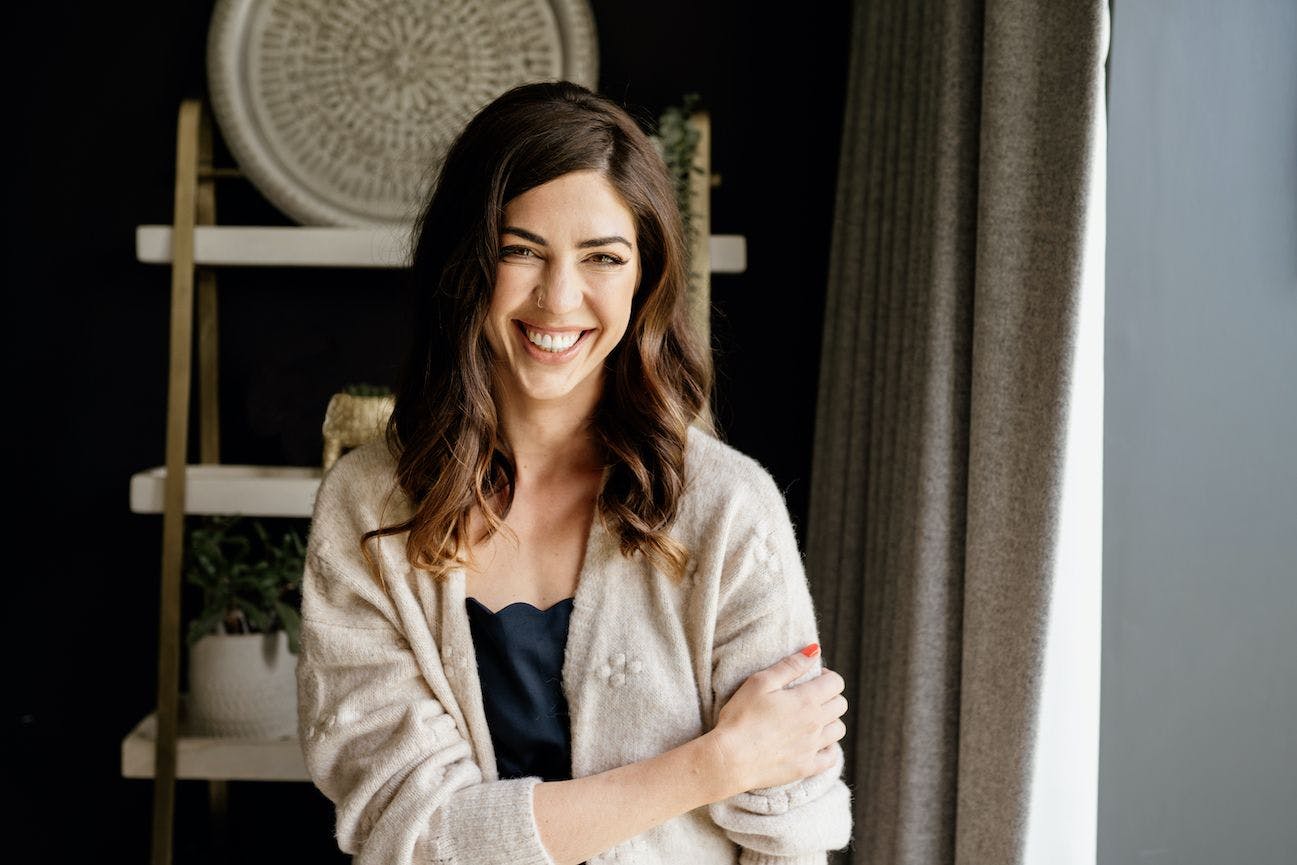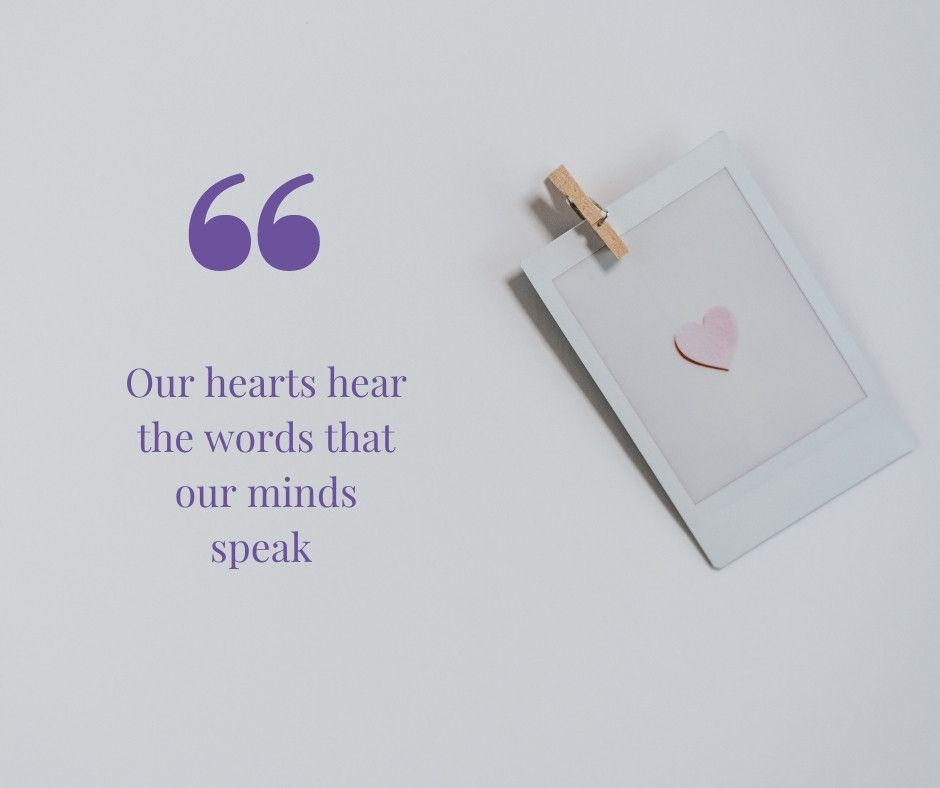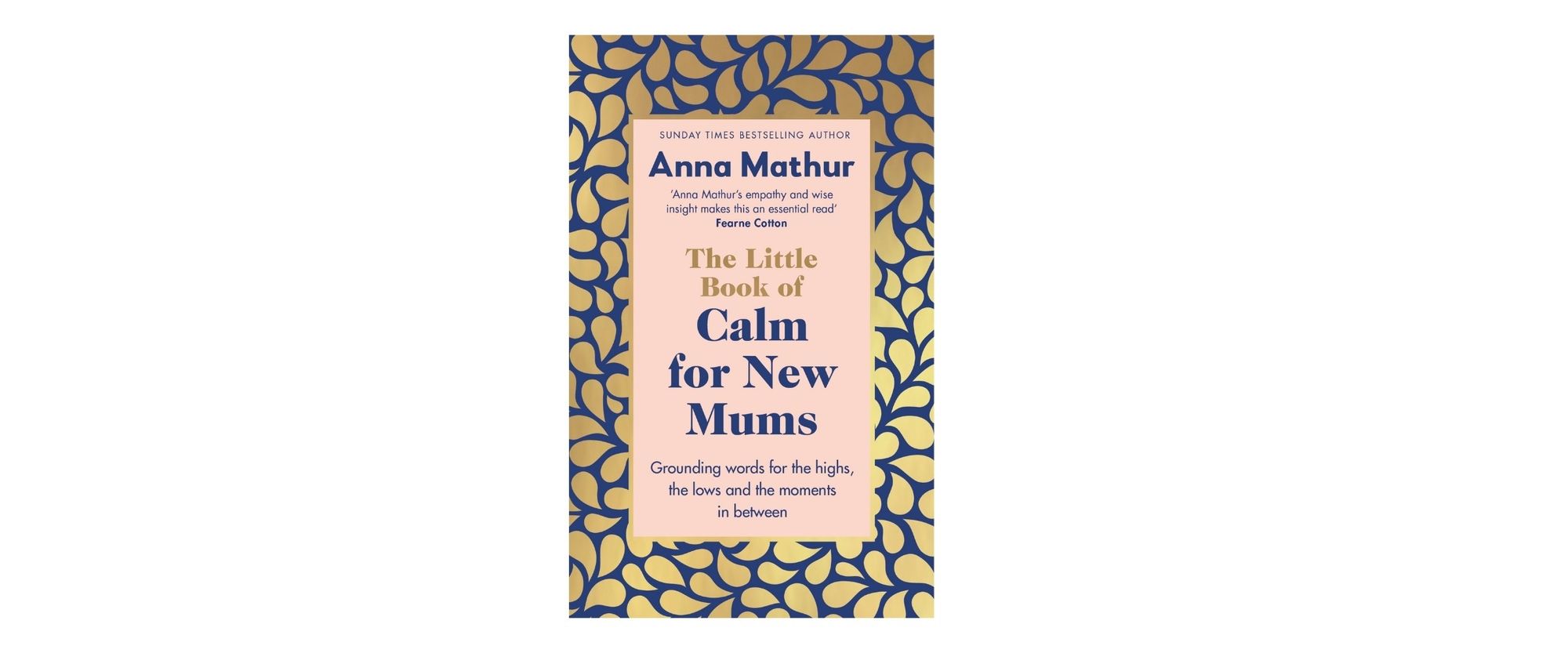Off the grid: Anna Mathur on self-comparison and how to overcome it
updated on Aug 17, 2022

Psychotherapist, author, podcast host, and mum-of-three Anna Mathur shares how negative comparison can so easily creep into our lives, but with some self-compassion and awareness, we can see the bigger picture
How many times have you found yourself scrolling through social media and sensing the crushing weight of comparison? You might be taking a five-minute break from work, while everyone else seems to be living their #bestlife, jetting off on holiday, or preparing homemade picnics for a blissful afternoon, while you’ve just spent the entire morning scrubbing porridge off the wall from a breakfast mishap.
It’s a universal truth that each and every one of us will fall foul of the comparison cloud at some point in our lives, as psychotherapist Anna Mathur explains on Happiful’s podcast, ‘I am. I have’. And she’s more than willing to share how it impacts her, too.
“Comparison turns up in so many different areas of my life,” she says. “It’s a constant dialogue I have to have with myself, and if I don’t it can just run riot!”
However, Anna is quick to explain that comparison is not a wholly negative behaviour.
“Comparison in and of itself is a self-protective force,” she notes. “Comparison can help us to judge if perhaps we could do something better; we might look at someone else’s situation and realise that there’s something we want to be doing, and it drives us forward and motivates us to go after that for ourselves, if it’s something positive.
“And if you look back to caveman days, comparison kept people safe then,” she continues. “You might have realised that you weren’t as strong as another person, so they would be the better bet for hunting and gathering. Comparison can be about assessing ability, so that everyone is using their strengths and resources in the best way.”
Thinking about comparison in this light could certainly help us to question why we are comparing, what we’re taking away from the act, and why it’s necessary for us in that moment. Curiosity around why a particular person’s situation makes us reflect upon our own life could lead to some insights as to how we’re coping, where we might feel stuck, want to grow, or indeed need help from others.
So, how do we determine when comparison is leading us to take stock of where we are and want to be, and when it’s simply become a stick to beat ourselves with?
“Comparison becomes problematic, and this is something I personally struggle with, when I use the difference between me and someone else to make a statement about myself,” Anna admits.
“Say I’ve had a really rough morning with the kids, and I’ve not responded in a way I feel particularly proud of, and then I go shopping and I see a mum being so incredibly patient with her toddler having a tantrum. What happens in my brain is very, very quick: ‘She’s a better mum than me. I’m a rubbish mum. I’m a failure.’
“In a split second, I’ve made two incredibly powerful statements about myself: being a rubbish mum, and a failure. Can you imagine going up to another woman and saying that? The look on her face, and the power in those words? That’s where comparison is so harmful. Our hearts hear the words that our minds speak, and we can say these things in the silence of our minds in a split second, and it’s like an emotional punch.”

Self-compassion can be an antidote to this painful self-talk, Anna asserts, and she has a great way of remembering the need to be kind to herself.
“I envision a little Anna inside me, there’s a little version inside of us all, and we have to be so aware that when we speak these words and create these statements out of snapshots, that’s impacting us. There’s a little us inside that’s taking that punch and is winded by that. It’s bullying language.”
Professionally, Anna has concerns about the growing crisis in confidence and self-esteem she witnesses every day, and believes social media scrolling, in particular, can be extremely detrimental for us at times when we’re feeling low.
“Our brains are hardwired to believe what we see, and that it’s the full picture,” she says. “If we’re not doing the work where our little coaching voice comes into our head to say, ‘Come on, you know that’s just a snapshot, this isn’t a statement about who you are. They’ve got their messiness and human bits, you just can’t see it in this image.’”
Our inner coach, as Anna describes it, is a powerful tool in dialling down the noise and criticism created from the negative side of comparison, and bringing self-compassion to the fore. As with any tool, however, we have to practise tapping into our inner coach, being mindful of the statements we make about ourselves, and questioning what we see.
This work can be made more difficult by tiredness, and new mums in particular can be susceptible to comparison, as they begin to learn what it is to be a parent.
“When you’re trying to navigate a new situation, it can be so easy to look outside of yourself for confirmation that you’re doing a good job or not,” Anna says kindly. “Mums all feel pressure to look and feel like we know what we’re doing, when the reality is why should we? We can read all the books, but there’ll be tiny and big decisions every day we need to make, and we want to get it right. That’s why parents are particularly vulnerable to comparison.”
This is where friends and loved ones can help.

“If you’re supporting a parent who is obviously struggling with comparison, looking outside of themselves and making statements about how they are mothering due to what they see, I think it’s just about regrounding them,” Anna says. “Asking them ‘What do you think?’, ‘What do you feel?’, and reminding them it’s all new, that they’re trying, and encouraging them to take the pressure of themselves to know everything.”
Giving ourselves and others a break from self and societally-imposed pressure, and acknowledging our humanity, are all major themes in conversation with Anna, which is why she’s so deeply relatable. It’s true that, whatever stage of life we’re at and whoever we are, there will be times when we are all just finding our own way, no matter what it looks like through the peephole of social media squares. So, let’s take Anna’s lead and choose self-compassion over negative comparison, every time.

‘The Little Book of Calm for New Mums: Grounding words for the highs, the lows and the moments in between’ by Anna Mathur (Penguin Life, £12.99) is available now.
Photography | Courtesy of PR

